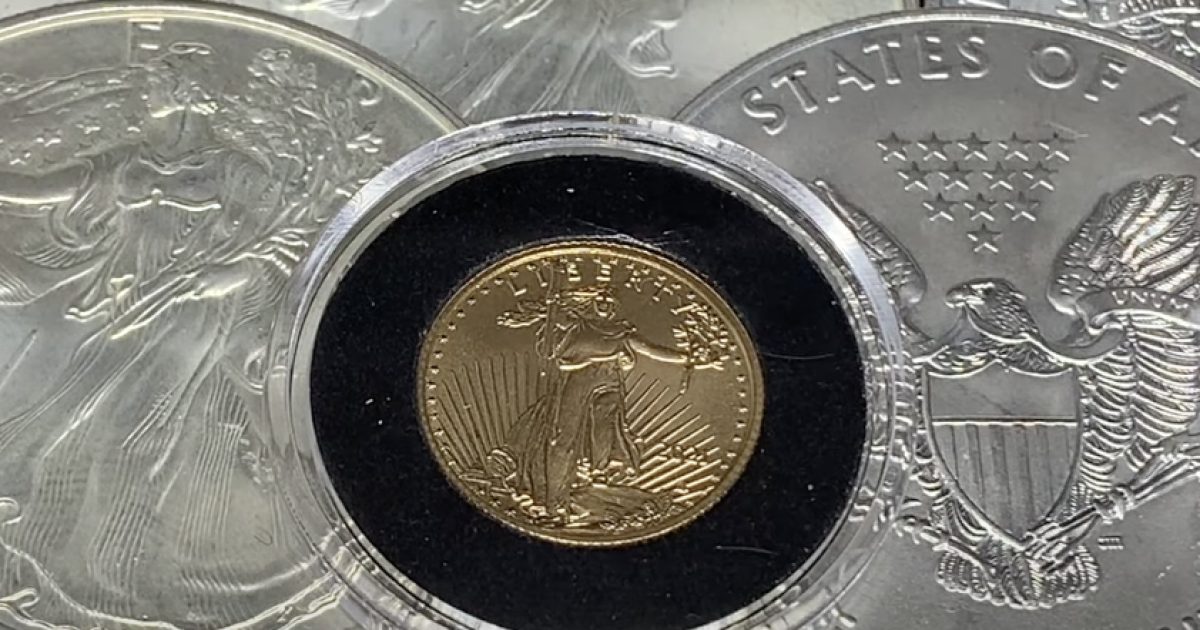
On May 27, 2022 Tennessee Governor William Lee signed House Bill 1874 into law. This bill would repeal sales taxes on gold, silver, and platinum bullion coins.
With the passage of this bill, Neils Christensen of Kitco News observed that Tennessee has become the 42nd state to “pass laws that will make gold and silver hard currencies.”
“The victory puts a capstone on long-running efforts by the Sound Money Defense League, Money Metals Exchange, Campaign for Liberty, and grassroots activists and coin dealers in Tennessee. Tennessee investors, savers, and small businesses can now acquire gold, silver, platinum, and palladium bullion and coins without being slapped with taxes as high as 10%, depending on the purchaser’s specific location,” the Sound Money Defense League declared in a press release.
The bill passed the Tennessee State House and State by comfortable vote margins.
“I’ve been working to free gold and silver from sales taxes in Tennessee since my kids were in elementary school. The Sound Money Defense League, in-state dealers, and folks all across Tennessee made their voices heard and helped get this bill across the finish line,” declared State Representative Bud Hulsey in a statement. Hulsey was the bill’s chief sponsor.
In the United States, there are still 8 states that tax precious metals bullion as investment assets. Jp Cortez, Policy Director for the Sound Money Defense League, revealed that the organization is helping draft bills to remove these sales taxes in the 8 states that still have them in place.
“There is no federal sales tax in the U.S., so ending sales taxes on purchases of gold and silver requires a state-by-state approach. Activating grassroots efforts across the country, the Sound Money Defense League, Money Metals Exchange, and in-state groups and dealers passed 2022 legislation in Tennessee, Virginia, and Alabama, securing the right for 20 million Americans to purchase precious metals without being penalized with taxes,” Cortez remarked. “The eight remaining U.S. states that still fully tax the monetary metals are increasingly embarrassing themselves.”
The remaining states that still have sales taxes on gold and silver are Vermont, New Jersey, Maine, Kentucky, Wisconsin, New Mexico, Mississippi and Hawaii.
Cortez called attention to how the rising rates of inflation that the country is experiencing makes precious metals an attractive wealth preservation vehicle.
“At a time of record-high inflation, Tennessee shouldn’t be punishing citizens with sales taxes for choosing to protect the purchasing power of their savings with sound money,” Cortez declared.
Indeed, precious metals have a proven track record as currency. Ideally, we would have a free-market monetary standard where precious metals would be competing with cryptocurrencies as a form of money.
If there’s one economic issue that liberty conservatives should focus on, it’s making sure that we end monopoly central banking — a move that would facilitate unprecedented monetary competition.



